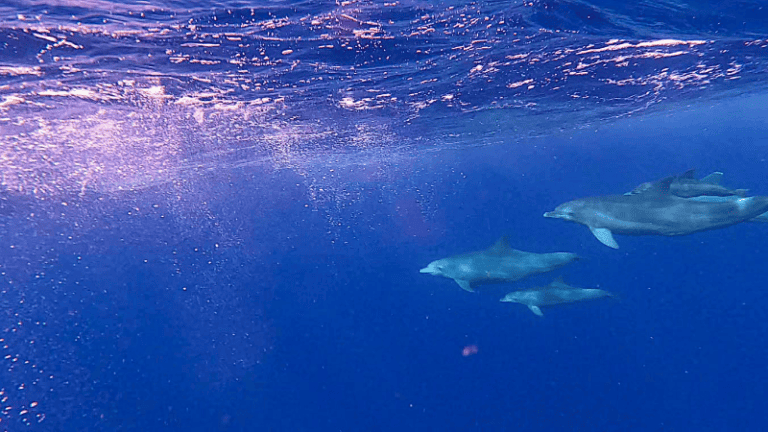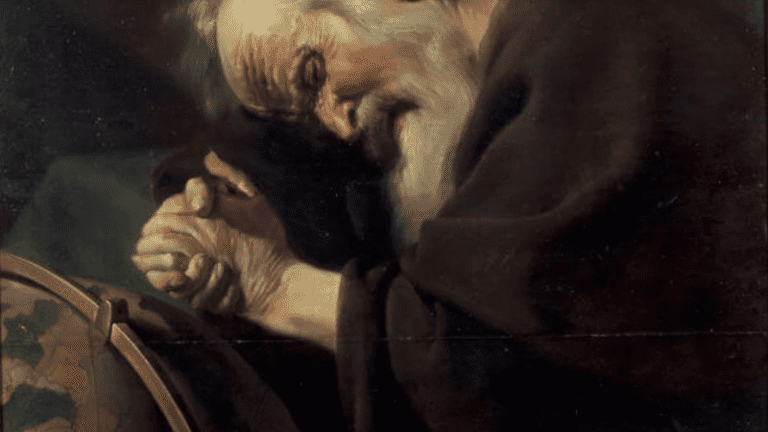Comparison of Anaxagoras' dualism with other philosophical dualisms
Dualism, the philosophical concept that asserts the existence of two fundamentally different substances or principles, is a recurring theme in the history of philosophy. Anaxagoras, a pre-Socratic thinker, proposed a form of dualism that differed markedly from other philosophical dualisms of his time and those that emerged in the centuries that followed. By...










